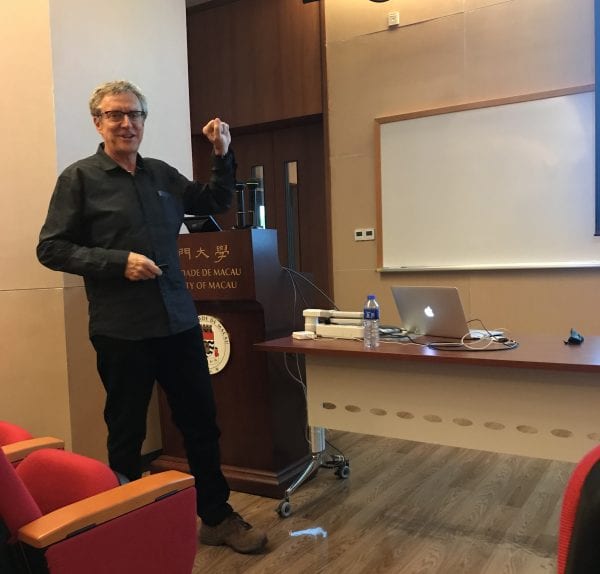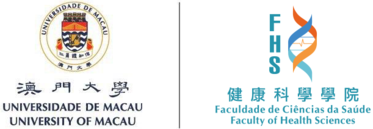
| Talk title | New Gold-based Anti-Cancer Drugs and Biodegradable Porous Polymers |
| Speaker | Prof. Murray BAKER Professor The University of Western Australia, School of Molecular Sciences |
| Date & Time | 27 November 2018 (Tue) 14:00pm-15:00pm |
| Venue | Room G004, E12 Building (University of Macau) |
| Abstract | This presentation will discuss two areas of research. In the first area, we are studying N-heterocyclic carbene (NHC) analogs of the gold-phosphine drug auranofin. Auranofin is an anti-arthritic drug developed during the 1980s that is being repurposed as an anti-cancer drug. It is currently in clinical trials against several difficult-to-treat cancers. Gold drugs incorporating NHCs have many advantages over gold-phosphine drugs. NHCs are much easier to synthesize than their phosphine counterparts, so gold-NHC compounds offer greater opportunities for drug design and optimisation of reactivity profile, lipophilicity, and other properties. We have discovered gold-NHC compounds that have exciting prospects, including compounds exhibiting promising anti-mitochondrial and anti-cancer activity and fluorescence.
In the second area, we are looking at a potentially very simple route to biodegradable polymers that have porosity appropriate for applications in tissue engineering. Traditional routes to porous biodegradable polymers involve multistep processes and frequently use toxic solvents or insoluble salts as additives. Poly(2-hydroxyethyl methacrylate) (PHEMA) is easily synthesized in a non-biodegradable but porous form, and without the need for toxic solvents or other additives, via “polymerisation-induced phase-separation”. We are using biodegradable crosslinking agents and controlled polymerisation techniques to synthesize PHEMA that is both porous and biodegradable. |

